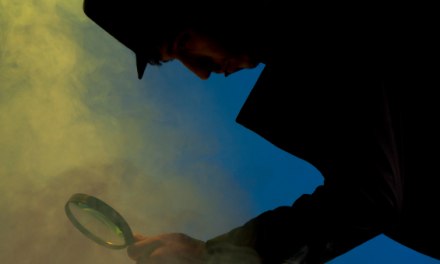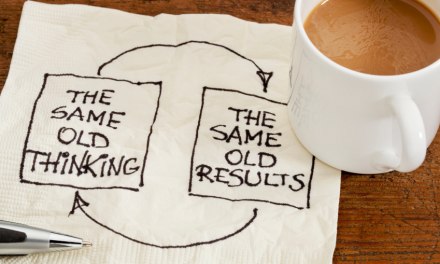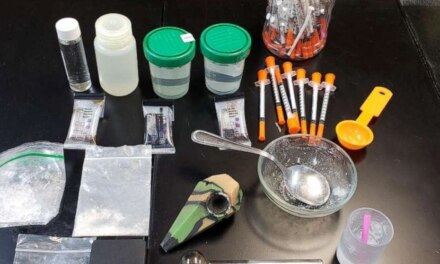As we’re hearing more about the potential for psychedelics in the treatment of major mental illnesses and addiction, I thought I’d offer some thoughts on the subject.
The quality of the research evidence: Although supporting research does exist, with more on the way, psychedelics as therapy are still largely portrayed to the public in terms of passionate anecdotes from users and advocates (often the same people). It’s the sort of evidence that was used to convince authorities to greatly expand access to opioids for chronic pain patients, and it played a major role in public acceptance of marijuana as medicine. The opioid thing didn’t turn out so well, and the jury’s still out on the therapeutic value of cannabis (particularly smoking it).
What if the researcher is himself a dedicated user (the term I’ve heard is psychonaut)? Or suppose the research suffers from the flaws John Oliver referred to in his surprisingly intelligent comic critique of the flood of studies that dominate the media. Small samples, confirmation bias, lack of replication… it happens to the best of us.
Spiritual treatments for psychiatric illnesses: The healing power of spiritual experience has been reported for centuries by devotees of various religious movements. During a conference in Los Angeles, I was approached by a young pastor who related to me the story of his own miraculous recovery from drug and alcohol addiction and homelessness. One day he was sitting by himself in a back pew at a local church, waiting for the free lunch, when the miracle happened. He wasn’t even praying. That reminded me of Bill W’s famous ‘conversion experience’ that finally removed his desire for alcohol (in Bill’s case, it had been suggested by Carl Jung). No substances were involved, yet the impact was profound and lasting.
Should we conclude that such intense personal experiences are proof of the existence of God? If not, then we probably shouldn’t attribute miraculous healing powers to hallucinogenic plants. They’re just chemicals. The true nature of spiritual rebirth may remain a mystery for a while longer.
Having experimented some with psychedelics, I can attest to their power to temporarily distort perception and to the transitory nature of their effects. Perhaps I simply wasn’t desperate enough, or suggestible enough, to get the full impact.
Escape from the Lab: Psychedelic drugs seem to be like cats and small dogs in their ability to escape from tight places. They certainly found a way out of a confined research environment and into the hands of street users. Isn’t that how Ecstasy, PCP, ketamine, LSD, etc. became popular among the young? Where did the so-called “synthetics” come from? Despite their good intentions, our scientific community has a questionable track record when it comes to protecting the citizenry from themselves.
Anyway, I figure people will continue to use these substances, regardless of what I think. And some of them will react very badly, and they’ll need treatment, and that’s where we come in.














Scott,
Your comments are irresponsible at most and anemic at least from my assessment. With nothing less than paltry results from mainstream approaches we’ve been propping up for addiction, et al, for decades now, research with plant medicines is at the very least, promising–as part of an integrated approach.
Organizations like http://www.maps.org have been doing this work slowly, methodically for years while the cottage industries of addiction including corporate medicine and the psychotherapeutic community continue to hogtie authentic integrated/holistic approaches for economic expediency.
Treatment centers like Crossroadsibogaine.com are making real and true inroads with the terrible epidemic of addiction, suicide, PTSD and TBI in our military.
Think about actually doing some research before sending out another dismissing missive regarding something about which you’re ill-/misinformed.